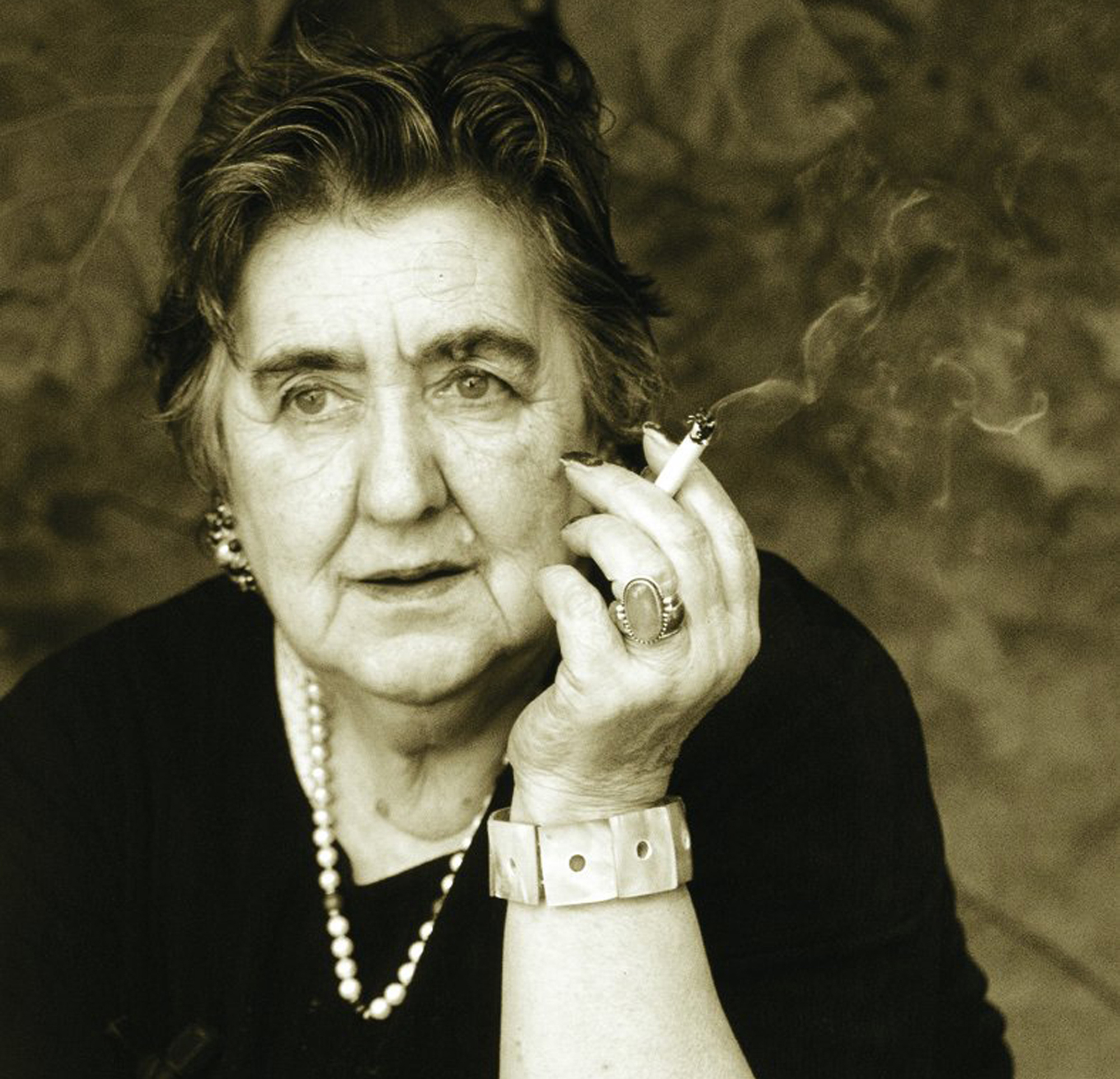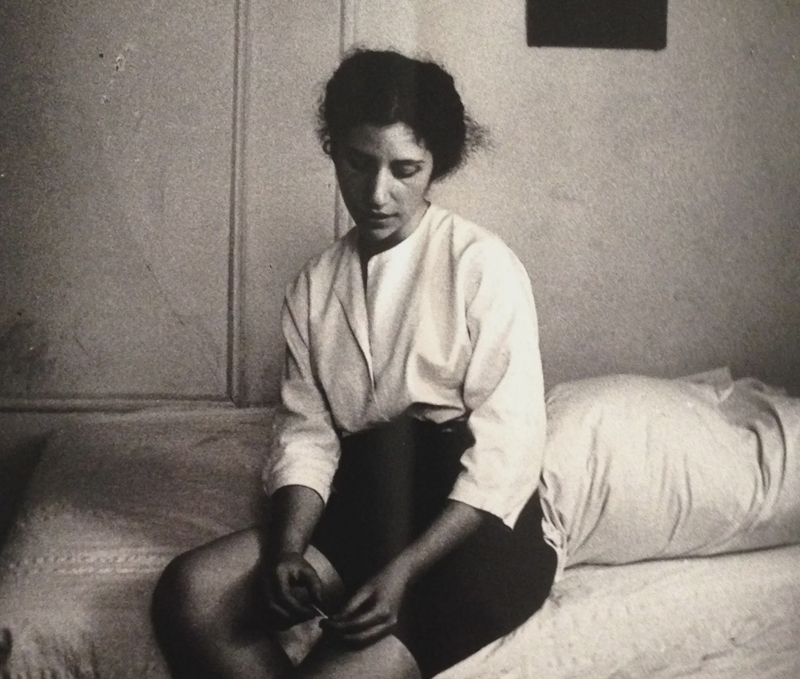They publish a novel by Louis -Ferdinand Céline missing nearly 80 years ago.
- At a time when we are witnessing a war that has shaken the world, a novel set in the first great war of the last century has been published in the French State this Thursday. And not any novel. Guerre (Guerra) is one of the unpublished works of the writer Louis -Ferdinand Céline that recovered last year after 78 years of “disappearance”. The novel has aroused as much interest as the way to recover it.

The day is coming: on Thursday, May 5, the French publisher Gallimard will publish an unpublished work by Louis -Ferdinand Céline. As of today, Guerre, one of the most well-known novels of the writer, can be considered as a work with strong coincidences with the journey to the end of the Night, as explained by the editorial: “Célin, between the autobiographical account and imaginary work, raises the veil above the central experience of his life: the moral and physical trauma of the forehead, in the ‘international mad slaughterhouse’.”
The Great War of the early twentieth century was also the starting point of the famous journey to the end of the Night. If the protagonist of the novel, Ferdinand Bardamu, alter ego of the writer, was a deserter of war, the protagonist of Guerre, a brigadier called again Ferdinand, part of the moment he is injured on the front, the publisher Igela in the translation of Matías Múgica. In this 192-page novel, we read the personal crisis of the soldier in the hospital.
“This enormous time of awareness and disillusionment, which the author had never worked on before in an autonomous literary account, appears here with his most cruel light,” explains Gallimard in the book’s synopsis.
Famous Nazi novelist and collaborator
In 1961, Louis -Ferdinand Céline died at the age of 67. How have your unpublished novels been so far? The explanation can be quite simple or, depending on where you look, write a novel.
On 17 June 1944, Célin left his home. Germany II. The writer, who was about to lose the World War, collaborated with the Vichy regime established by the Nazis in France, inter alia, by acting as a whistle-blower and writing texts against the Jews. From that moment until three years ago, it's not clear what happened to the papers I had at home.
Céline's next career is best known: he fled to Germany, to the city of Baden-Baden. From there in 1945, to Denmark. But at the request of the French Government, he was charged in the same year and tried five years later. He left prison in 1951. He first stayed in Nice and then in Meudón. He continued to write until his death, the latest works published by the editorial Gallimard.
For this trajectory, Céline is, among others, a writer who continues to generate serious debates in the world of French literature: on the one hand, the author of one of the most praised novels of the twentieth century and, on the other, the rejection of his political positions.
Papers that have disappeared nearly 80 years
Since Célin emptied the seats in 1944, what happened with his papers did not begin to be clarified until 2019. Lucette Destouches, wife of Céline, died in November of the same year. Upon hearing of his death, theatre critic Jean-Pierre Thibaudat contacted an attorney and told him that years earlier, when he was working in the Libération newspaper, a newspaper reader provided him with a bag full of Céline papers so he would not report them until Destouches died.
Thibaudat met this requirement, but clarification of ownership of these roles following the death of Destouches has not been an easy process. After a process in which the writer's biographer, Destouches' daughter and justice have had a lot to say, the theater critic, on behalf of the prosecutor, handed over to a police station about 6,000 pages that he achieved so mysteriously.
Last August, the newspaper Le Monde published the news in a report on what happened with the papers. The next chapter of history begins today: How will literature buffs receive this “new” work from Céline? Will the vision of the writer be changed with the works to be published from now on? It is quite clear that one of the most controversial writers in the history of France – it is not a little to say – is going to continue to give some importance in the twenty-first century.
Ereserkiek, kanta-modalitate zehatz, eder eta arriskutsu horiek, komunitate bati zuzentzea izan ohi dute helburu. “Ene aberri eta sasoiko lagunok”, hasten da Sarrionandiaren poema ezaguna. Ereserki bat da, jakina: horra nori zuzentzen zaion tonu solemnean, handitxo... [+]
Adolfo Bioy Casares (1914-1999) idazle argentinarrak 1940an idatzitako La invención de Morel (Morelen asmakizuna) eleberria mugarritzat jotzen da gaztelaniaz idatzitako literatura fantastikoaren esparruan. Nobela motza bezain sakona da, aparta bere bakantasunean, batez... [+]
Ekain honetan hamar urte bete ditu Pasazaite argitaletxeak. Nazioarteko literatura euskarara ekartzen espezializatu den proiektuak urteurren hori baliatu du ateak itxiko dituela iragartzeko.
Aste honetan aurkeztu da Joseph Brodskyk idatzitako Ur marka. Veneziari buruzko saiakera. Rikardo Arregi Diaz de Herediak itzuli eta Katakrak argitaletxeak publikatu du poeta errusiar atzerriratuari euskarara itzuli zaion lehen liburua.
"There were women, there they were, I met them, but their families locked them in the mental hospital, put them in electroshock. In the 1950s, if you were a man, you could be a rebel, but if you were a woman, your family would lock you in. There were some cases, and I met them... [+]
Gauza garrantzitsua gertatu da astelehen honetan literatura euskaraz irakurtzea atsegin dutenentzat: W. G. Sebalden Austerlitz argitaratu du Igela argitaletxeak. Idoia Santamariak egindako itzulpenari esker, idazle alemaniarraren obrarik ezagunena nobedadeen artean aurkituko du... [+]
Asteazken honetan aurkeztuko dituzte Erein eta Igela argitaletxeek Literatura Unibertsala bildumako hiru lan berriak, tartean Maryse Condéren Bihotza negar eta irri (ene haurtzaroko istorio egiazkoak). Joxe Mari Berasategik euskaratua, idazle guadalupearraren obra... [+]






















